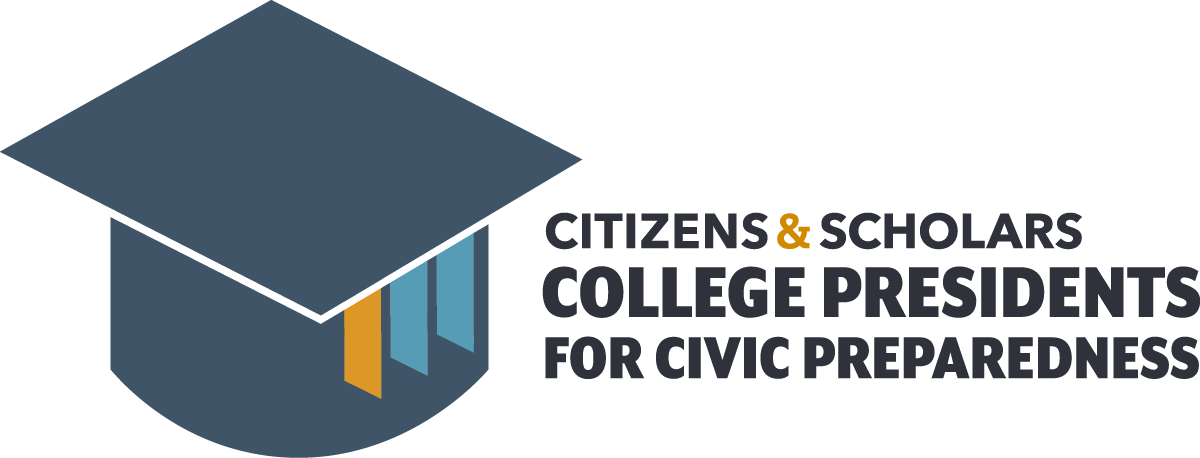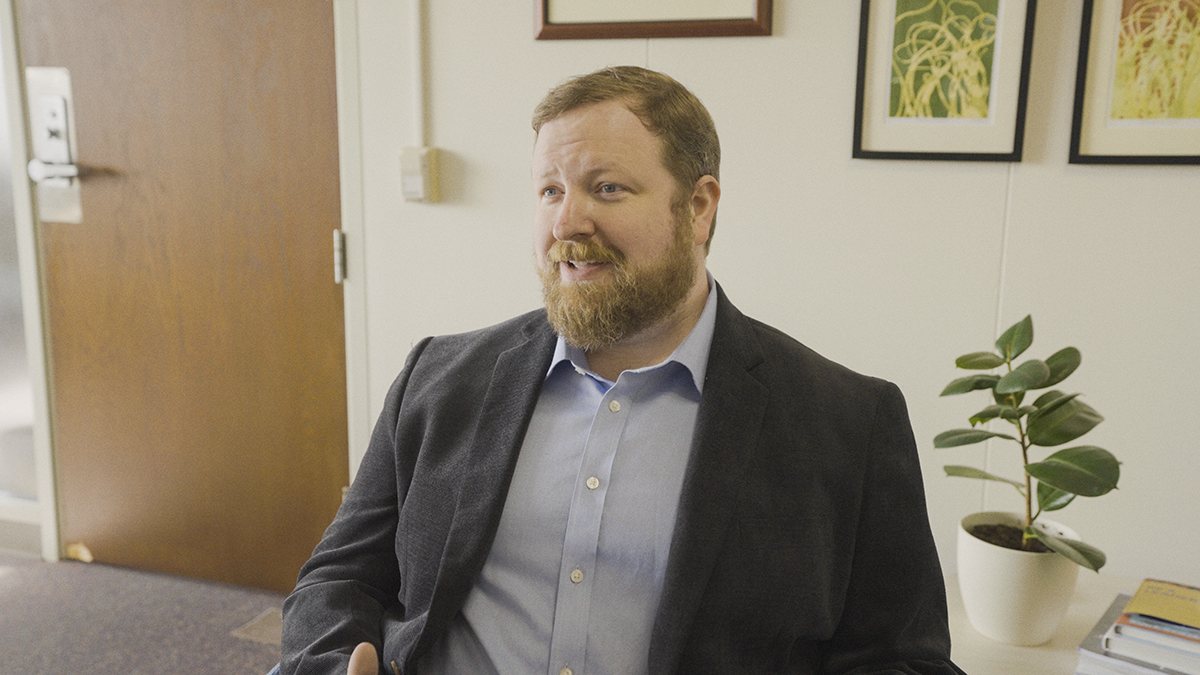Calum Matheson is Chair of the Department of Communication at the University of Pittsburgh.
“Our students are amazing. They often get underestimated. They’ve grown up in the digital age, and they’re better at filtering and judging information than people realize. They’re eager to engage in civic life—they just need help developing the capacity and the tools.”
Why do you do this work, and who is it for?
I think we live in a society that’s increasingly fragmented and polarized. Whether it really is or isn’t, there’s that feeling that it is. A lot of what I’ve done with my life is prepare people to communicate in difficult situations and about difficult topics. I don’t think there’s been a more important time than now to do that. That’s why I’m so invested in dialogue, discourse, and related concepts.
Why is Pitt a strong setting for this kind of work?
I’m really proud of the work Pitt has done. There are dozens and dozens of projects happening under the Year of Dialogue and Discourse—now in its second year. What makes it work is that it’s grassroots. Faculty, staff, and students come up with ideas and apply for support. We’ve had debates, workshops, and events connecting with the local community. It’s all about building a culture of dialogue as something immersive and ongoing, not a one-time effort.
Can you give us a story or example of civil discourse in action?
In my propaganda and disinformation class, I leave one day blank. Toward the end of the semester, I walk in and ask how many students believe climate change is real and human-caused. Everyone always raises their hand. Then I launch into a speech arguing the opposite—why it’s not happening, or that it’s good. We debate. It’s all about modeling how to respond to disinformation in real time.
How do you foster these discussions as a faculty member?
As a faculty member and Chair of the Department of Communication, I’m part of a discipline devoted to these kinds of questions. Our biggest class offerings are about public speaking, teaching student’s advocacy skills, teaching them how to analyze arguments and the information they’re exposed to, and how to communicate those things clearly—including across lines of culture and politics. So, it’s literally every day in the Department of Communication that we’re talking about how to respond to polarization and fragmentation. We also think about how to make our classes serve the broader university community, not just our majors. We spend a lot of time on outreach—encouraging students to build these capacities and model them beyond our classrooms.
Do you recall a moment when a student changed their mind because of this work?
Yes. I gave an assignment once asking students to analyze a conspiracy theory. One student came up after it was due and said it changed the way they relate to their family. Their whole family believed in a certain theory, and after the paper, they not only changed their mind but helped others rethink it too. You see these little transformations all the time. That’s really what it is—thousands of small moments, not one big switch.
Why do you think civil discourse skills are especially important today?
We’re exposed to so much information now—without the tools to judge it. It’s emotionally exhausting. People are expected to care or have opinions about everything, often based on very little. Technology makes it worse. So, the need for reflective, grounded conversation is greater than ever.
What’s the general sentiment among students around difficult conversations?
Our students are amazing. They often get underestimated. They’ve grown up in the digital age, and they’re better at filtering and judging information than people realize. They’re eager to engage in civic life—they just need help developing the capacity and the tools.
How has your teaching evolved in response to this polarized climate?
Everyone has had to adapt. The Faculty Institute helped a lot. Talking to people from across the country doing this work was invaluable. One exercise asked us to consider how we’d handle difficult classroom situations—not just what we’d do, but why. It made me more reflective and humble. I focus more now on helping students understand other perspectives—not to agree, but to see how others think.
Have students stepped into leadership roles because of this work?
Definitely. The students who rise to leadership in this space are often the ones who aren’t trying to shout the loudest. They’re interested in something that includes rather than excludes. They’re interested in doing something with someone, not against someone. That kind of motivation really shows up in student leaders who care about creating more inclusive and constructive dialogue on campus.
What is your personal definition of civil discourse?
Civil discourse is everything we say and do in the public sphere that helps us shape the common good. It’s not about private belief—it’s about public action. It’s how we engage each other around issues that affect us all, how we listen, and how we work toward building a shared future.
What do you hope students take into the civic sphere beyond college?
I hope they leave with the desire to think deeply and engage meaningfully. Not just have opinions—but know how to arrive at them, how to understand others, and how to keep reflecting. It’s not about rules—it’s about orientation and capacity. These skills should shape their whole lives.
Why does bridging divides matter to you personally?
Some things we do better because we’re different, but some things we have to do together. We’re all in the same boat. If there’s a leak, we fix it together. Bridging divides isn’t about ignoring difference—it’s about making society work despite and even through it.

